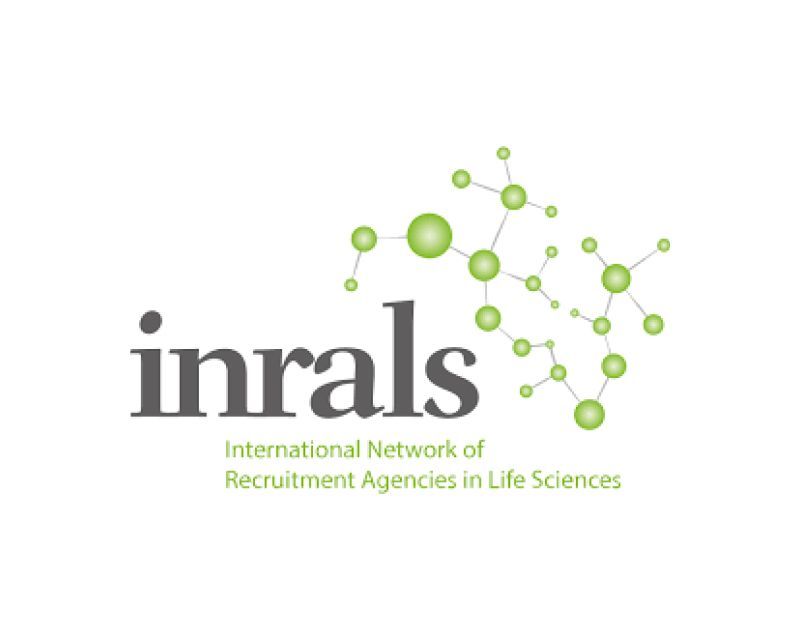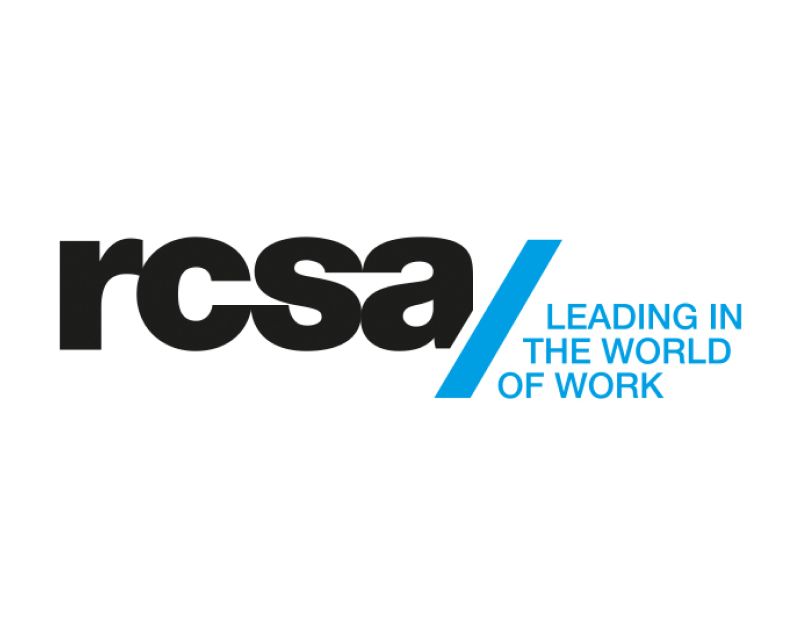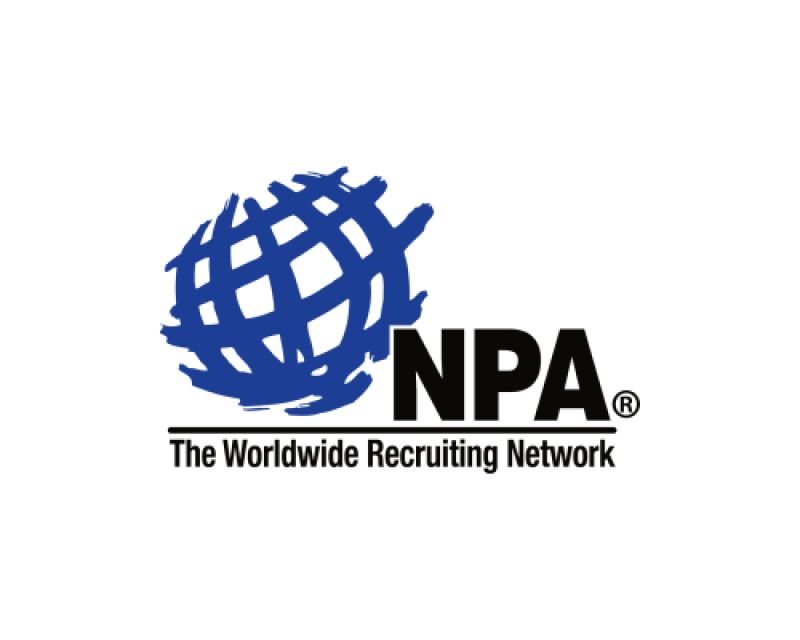Interview Tips & Tools
Interview tips – Maximise your chances at your next interview
Whether you’re a Life Sciences graduate looking for your first specialist role, or an executive who simply wants to brush up on interview technique, the following tips will help you make the best possible impression, and do a great job of conveying your potential.
-
Preparation
- Remember the interviewers have committed their valuable time because they’re just as keen to find the right person as you are to be that person.
- Know your prospective employer. Research their company website and source relevant journals and news articles.
- Ask your recruitment consultant lots of questions. Learn as much as you can about the company itself and the individuals who’ll be interviewing you.
- Rehearse. Find a trusted peer to ask you typical interview questions. Particularly the sticky ones. Make sure you can answer everything confidently. Don’t script your answers, but be familiar enough with what you plan to say that they roll off your tongue.
- Document major achievements and obstacles you’ve encountered at work in the last year.
- Know the position. If you don’t have a detailed job description, request one from your recruitment consultant.
- Dress to impress. Ensure excellent personal presentation. If all the company’s employees wear a suit, make sure you do too. Likewise, if the company has a casual culture, don’t go over-dressed. But either way, ensure you’re tidy and well groomed.
- Know where you’re going and leave more than enough time to get there. Aim to present yourself 5 minutes early, but try to be there at least 15 minutes ahead of time. This way, you can catch your breath, freshen up, double-check your appearance and get comfortable in your surroundings. Also avoid interviews that clash with peak hour traffic, and always take the interviewer’s phone number in case of the unknown.
- Take a recent copy of your Life Sciences CV. And if you’re a recent graduate, bring a copy of your academic transcript too.
-
At the Interview
- Shake hands firmly. Don’t try to hurt them, but remember, many people hate a limp handshake!
- Demonstrate enthusiasm (but not desperation) for the role. The best way to do this is to ask questions. About the role itself, the company and the workplace. One of the most common things we hear employers say, after a great interview, is, “they asked all the right questions”. It also conveys confidence, and gives the interviewer a chance to talk, which is often a good thing.
- Maintain positive body language. Head up, shoulders back, hands away from your face and hair, sit still, resist the urge to fidget, and make good eye contact.
- Clarify any question you don’t understand. And don’t be afraid to admit when you don’t know an answer.
- Avoid negative comments about your current or previous employers.
- If you sense your interviewer likes to talk, let them. Obviously you need to sell yourself, but sometimes the best way to do that is to listen.
- Don’t ask about salary at the first interview, but be prepared to state your expectations if they ask you.
- Avoid over-answering or giving long-winded responses to the interviewers’ questions. If they need more information they’ll ask.
- But by the same token, avoid "Yes" and "No" answers. Always elaborate.
-
Video Interviewing 101
Share video link
- Make sure you share/receive a link and test that it works when you click on it.
- Be sure to confirm that the time zone on the invite is also correct.
Check your technology
- Audio, visual, network – sounds basic but the most common issue with video
- interviews is difficulties with technology.
- Download the video call “app” (Teams, Zoom, WebEx etc) test it with a friend, family member or recruitment partner.
- Make sure you have quality video and audio equipment so that you can hear clearly and you can be seen clearly.
Prepare your surroundings
- Being mindful of your surroundings is very important, people will notice your background and any interruptions (kids, pets etc.)
- Set up in a quiet room, where you can speak freely and not be interrupted.
- Check your background and either apply a “professional filter” or have a professional background that is mess free, clean and professional.
- Ensure your planned interview time is free from distractions.
- Speak to the camera, acknowledge, and address all interviewers and be clear on who you are directing answers to In a “virtual” setting, remember that acknowledging, seeing, hearing, and feeling cues are different to in-person.
- Being aware and doing your best to notice these cues are key to holding an engaging conversation/interview virtually.
Turn off all ALERTS
- Have your alerts and distractions turned off on all devices.
- Turn off your phone, sign out of Outlook, Facebook and all programs that send through notifications to minimise distractions during the interview.
Get the latest insights from
The On Q Blog, every month.
Be the first to get the latest industry news, tips, tools, webinar invites and more delivered to your inbox!
Subscribe
Thank you for contacting us.
We will get back to you as soon as possible
We will get back to you as soon as possible
Oops, there was an error sending your message.
Please try again later
Please try again later








